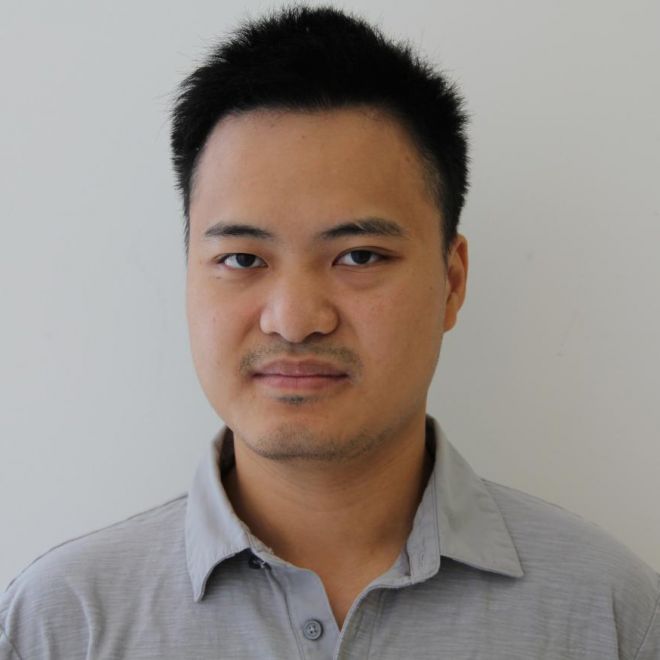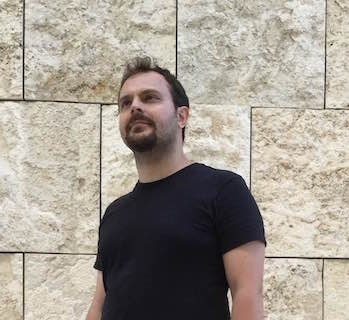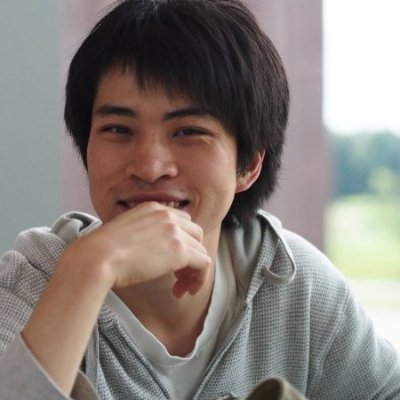
Theory Day in Taiwan (2017)
Date: Friday, 6 January, 2017
Location: Auditorium 106, New Building, Institute of Information Science, Academia Sinica, Taipei
The Theory Day in Taiwan is an experimental one-day event that aims to stimulate interaction and discussion for TCS researchers in Taiwan and nearby countries. We plan to host 3-4 hour-long talks in general TCS area with long breaks for interaction. The meeting is free and open to everyone; in particular, students are encouraged to attend. We also create mailing lists for disseminating theory-related events in Taiwan. Please subscribe NOW for more information about Theory Day and Theory Event in Taiwan!
Speakers: Nai-Hui Chia, Cedric Yen-Yu Lin, Luca Trevisan, and Vassilis Zikas
Subscribe to the Mailing List !



